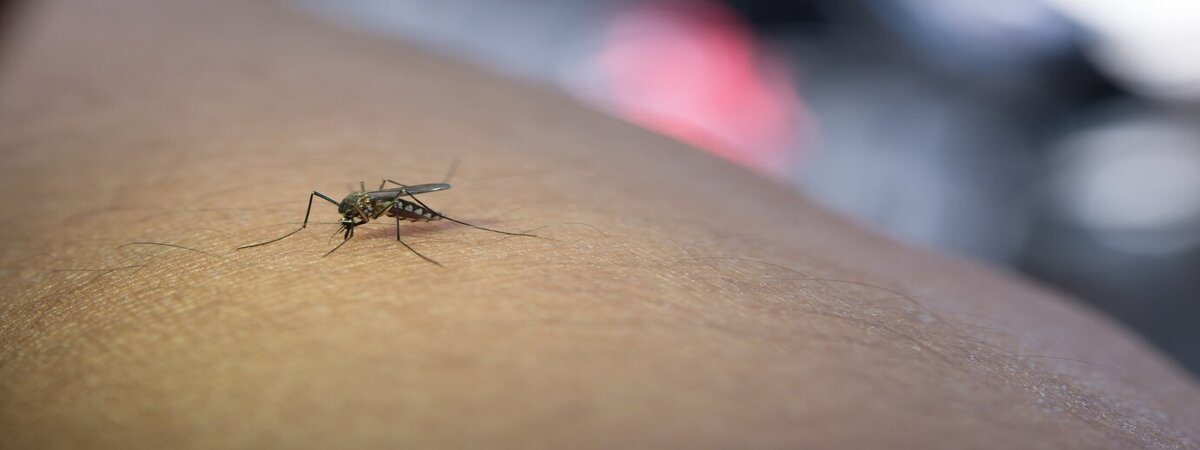
Navigating Insect Bite Allergies: Expert Strategies from Dermatologists
Insects buzzing around can be a nuisance, but their bites can pose more than just irritation—they can trigger allergic reactions in some individuals. As the warmer months approach, so does the heightened risk of encountering pesky bugs. Knowing how to handle insect bites, especially for those prone to allergies, is crucial for maintaining comfort and health. In this comprehensive guide, we’ll delve into effective strategies recommended by dermatologists to manage insect bite allergies and minimize their impact on your well-being.
Understanding Insect Bite Allergies
Before diving into remedies and preventive measures, it’s essential to grasp the fundamentals of insect bite allergies. When an insect bites, it injects saliva into the skin, which contains proteins that can trigger an immune response in susceptible individuals. This reaction often manifests as redness, swelling, itching, and discomfort. However, for those with allergies, the body’s immune system may overreact, leading to more severe symptoms such as hives, difficulty breathing, or even anaphylaxis.
Identifying Common Culprits
Various insects are notorious for their bites, each with its own set of allergenic proteins. Understanding which insects commonly trigger allergic reactions can help you stay vigilant and take proactive measures to avoid bites. Some of the most common insect culprits include mosquitoes, bees, wasps, ants, fleas, and ticks. Dermatologists advise individuals with known allergies to these insects to be especially cautious during outdoor activities or when in areas where these insects are prevalent.
Preventive Measures
Prevention is often the best line of defense against insect bite allergies. Dermatologists recommend several preventive measures to reduce the risk of getting bitten:
Use Repellents: Applying insect repellents containing DEET, picaridin, or oil of lemon eucalyptus can effectively deter insects.
Wear Protective Clothing: When spending time outdoors, particularly in wooded or grassy areas, wear long sleeves, pants, socks, and closed-toe shoes to minimize exposed skin.
Avoid Peak Times: Insects are most active during dawn and dusk, so try to limit outdoor activities during these times.
Stay Alert: Be vigilant in environments where insects are prevalent, such as parks, gardens, and wooded areas. Keep an eye out for nests or hives and steer clear of them.
Keep Surroundings Clean: Reduce the likelihood of attracting insects by eliminating standing water, keeping trash sealed, and maintaining a tidy outdoor space.
Managing Insect Bites
Despite taking preventive measures, insect bites may still occur. When they do, prompt action can help alleviate symptoms and prevent complications. Dermatologists recommend the following steps for managing insect bites:
Clean the Area: Wash the bite site with soap and water to remove any residual saliva or venom.
Apply Cold Compresses: Using a cold compress or ice pack can help reduce swelling and alleviate itching.
Topical Treatments: Over-the-counter creams or lotions containing ingredients like hydrocortisone, calamine, or antihistamines can provide relief from itching and inflammation.
Oral Antihistamines: Taking oral antihistamines, such as diphenhydramine or loratadine, can help alleviate itching and reduce allergic reactions.
Avoid Scratching: Although it may be tempting, scratching insect bites can worsen symptoms and increase the risk of infection. Encourage gentle patting or applying pressure instead.
Seeking Medical Attention
In some cases, insect bite allergies may trigger severe reactions that require medical attention. Dermatologists emphasize the importance of seeking medical help if experiencing any of the following symptoms:
Difficulty Breathing: Wheezing, shortness of breath, or swelling of the face, lips, or throat could indicate a severe allergic reaction requiring immediate medical intervention.
Dizziness or Fainting: Feeling lightheaded or fainting after an insect bite may signal a drop in blood pressure, a potentially serious reaction known as anaphylaxis.
Persistent Symptoms: If symptoms persist or worsen despite home treatment, it’s advisable to consult a healthcare professional for further evaluation and management.
Conclusion
Insect bite allergies can dampen outdoor enjoyment and pose significant health risks if not managed effectively. By understanding the triggers, adopting preventive measures, and knowing how to respond to bites, individuals can navigate the outdoors with confidence and minimize the impact of insect-related allergies on their lives. Remember, when it comes to insect bite allergies, knowledge and preparedness are key, and consulting with our dermatologists can provide personalized guidance for optimal management.
FAQ
Can insect bite allergies develop suddenly?
Yes, while some individuals may be aware of their allergies, others may develop them over time. It’s essential to stay vigilant and seek medical advice if you experience new or worsening symptoms after insect bites.
Are children more susceptible to insect bite allergies?
Children can be particularly vulnerable to insect bite allergies, as their immune systems are still developing. Parents should educate their children about preventive measures and monitor them closely for any allergic reactions.
Can natural remedies help alleviate symptoms of insect bite allergies?
While natural remedies like aloe vera or tea tree oil may provide temporary relief from itching, they may not be effective for everyone. It’s crucial to consult with a healthcare professional for appropriate treatment, especially for severe reactions.
How long do insect bite allergy symptoms typically last?
The duration of symptoms can vary depending on the severity of the allergic reaction and individual factors. Mild symptoms may resolve within a few days, while more severe reactions may require medical intervention and longer recovery times.


